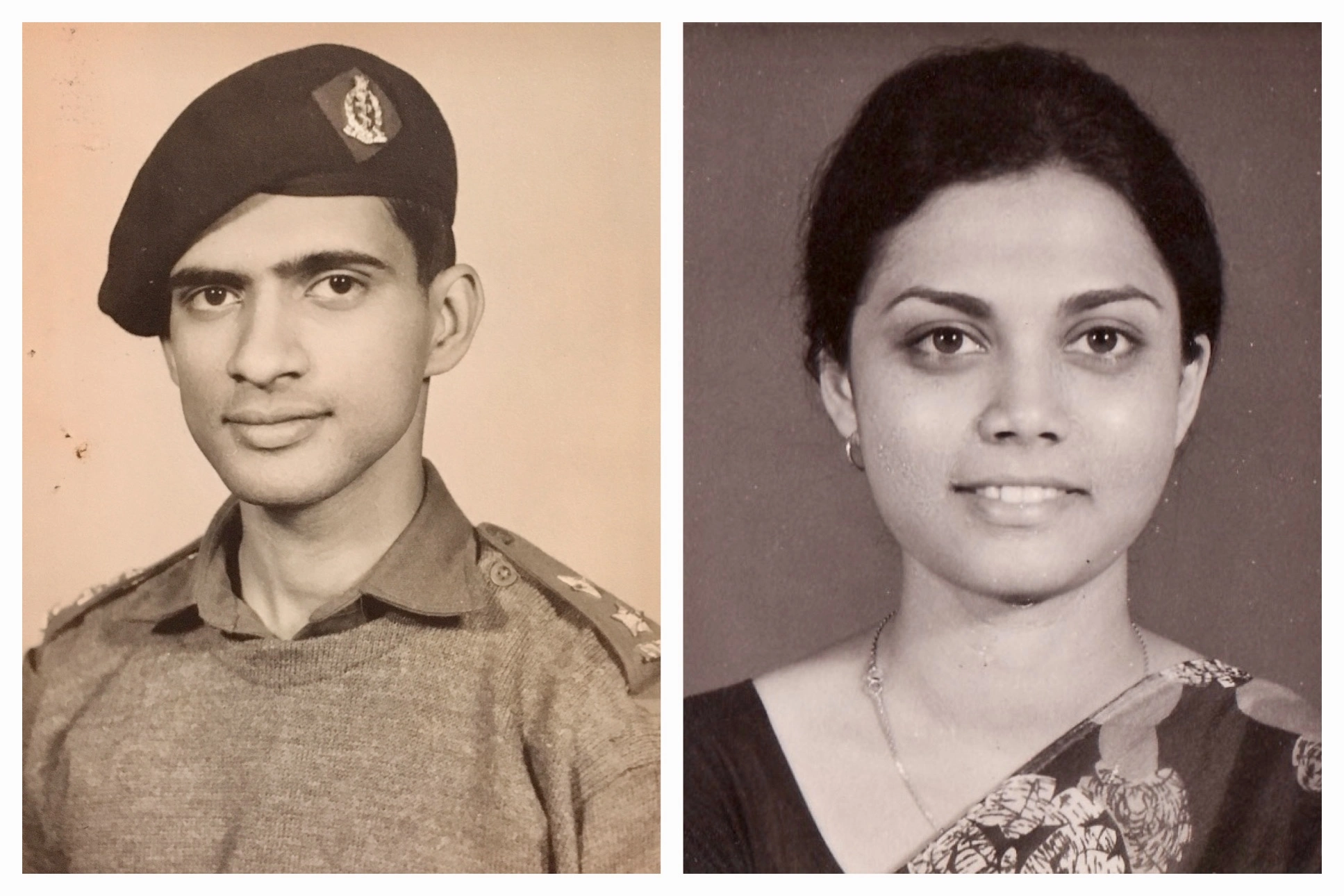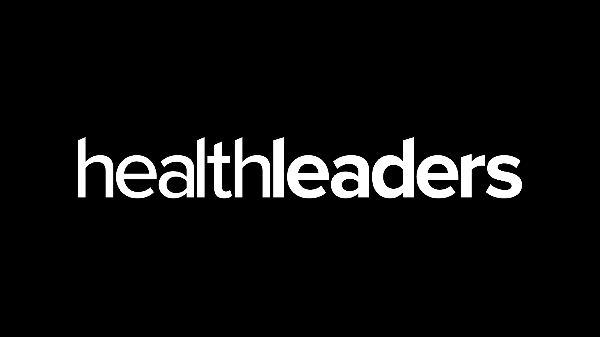My parents met and fell in love in medical school in the sixties. My father went on to spend his entire career serving as an anesthesiologist with the Army Medical Corps in the Indian Army. My mother, an aspiring general surgeon, devoted the latter half of her career to teaching human anatomy to the next generation of doctors at various medical schools. Growing up in the late eighties/early nineties, I had a front row seat to their hard work, dedication, and commitment to pursuing this noble profession of medicine. It was a different time and a different place, but the struggles and sacrifices demanded by this profession were and have always been the same. If anything, the personal toll has only increased, even prior to the onset of the pandemic.

Colonel Dipayan Mukherjee and Dr. Aruna Mukherjee early in their medical careers
Fast forward to 2013, I’m managing healthcare IT projects at a large academic medical center in upstate New York serving a new generation of medical professionals. One of the biggest projects of my career (and my favorite) was leading several new technology implementations for a brand new children’s hospital. Once again, I had a front row seat to the trials and tribulations of compassionate doctors, nurses, and entire care teams dealing with physical and mental exhaustion and overnight shifts away from their families, while grappling with learning new tools, technologies, policies, and procedures.
Technological advances in the last 30 to 40 years have accelerated the practice of modern medicine with developments in magnetic resonance imaging, robotic surgery, neonatal intensive care, etc. In spite of these advances, technology and digitization also have the potential to become visible and obstructive as Dr. Atul Gawande described in his famous 2018 article in the New Yorker, "Why Doctors Hate Their Computers." I observed this first hand as doctors and nurses struggled to keep up with their EMR. One of my early Health IT projects - automating the periodic, manual entry of vital signs from medical devices into the EMR - seemed to provide a little relief but it wasn’t even close to being enough.
And, there are still areas of medicine where modern technology has barely made a dent. For example, according to a 2019 study in the Journal of Hospital Medicine, nearly 80% of hospitals still use pagers. This quote I came across a few years ago describes this gap perfectly, “Our healthcare workers are accustomed to a Jetsons like (user) experience at home but a Flintstones like experience in the hospital and clinic.”
Our healthcare workers deserve that Jetsons-like user delight from the technologies they depend on to take care of us every day. As a member of the enterprise customer success team at Suki, I get to work directly, one on one with physicians, nurse practitioners, and physician assistants. I try to understand their challenges with clinical documentation and present them with a tool that has the potential to significantly alleviate their daily administrative burden. In a few months already, I’ve observed first hand, the positive impact of consumer-grade product design on overall user experience.
At the start of their careers, all new physicians swear to abide by certain ethical standards (the Hippocratic Oath). Although technically not a part of the Hippocratic Oath, "First, do no harm" is one of Hippocrates’ mottos that is generally well accepted and sworn to by every new physician. "The physician must…have two special objects in view with regard to disease, namely to do good or to do no harm." Those of us responsible for building, implementing, and supporting healthcare technology have an obligation to abide by our own version of the Hippocratic oath. We must swear to "do no harm" to the clinicians we aspire to serve by building technology that is truly invisible and assistive.
At Suki, this is our north star and embedded in one of the company’s core values: "Every pixel in service of the doctor." It means we focus the work we do and the technology we create to "do good" for the clinicians we serve, bringing a little more Jetsons-like quality to their experience every day.



